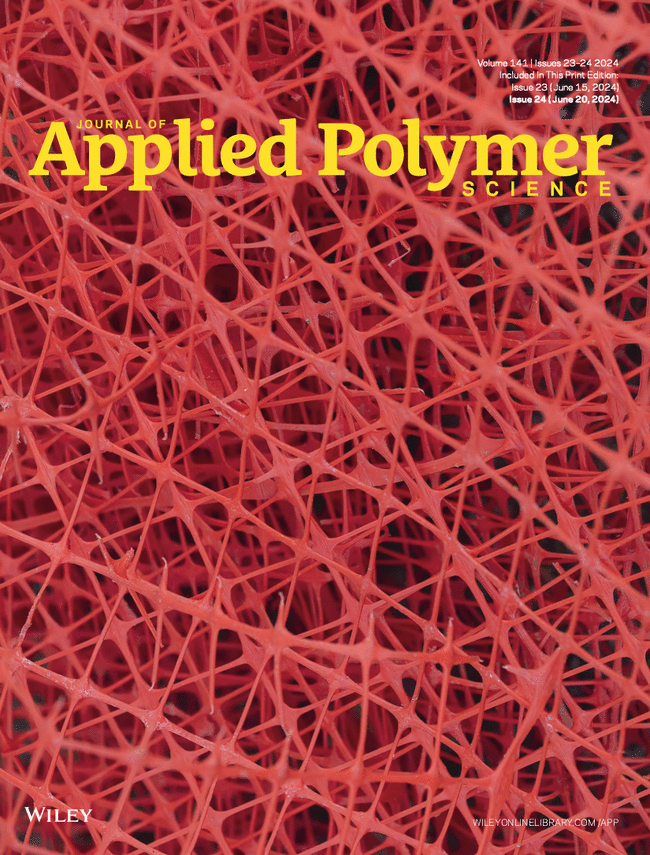Enhancing Tumor Cell Affinity and Inhibiting Growth With Albumin-Coated Crosslinked Chitosan Nanoparticle Micelles
Abstract
Chitosan (CS)-based drug delivery systems often face challenges in obtaining clinical approval. Enhancing the binding affinity of CS-based carriers to target cells, such as tumor cells, is crucial for their translation from bench to bedside. Strategies like crosslinking (NHS-disulfide-NHS) and utilizing materials like albumin have proven effective in strengthening interactions between CS-based nanoparticles and tumor cells, thereby enhancing cellular uptake (cellular avidity). This study presents a novel approach using crosslinked CS nanoparticles loaded with doxorubicin, featuring reduction-responsive drug release and albumin coating. The albumin-coated crosslinked chitosan (ACCC) was assembled via reaction between amino of CS/albumin and NHS-disulfide-NHS. The resulting ACCC nanoparticle micelles demonstrate enhanced stability of the micelles. The hybrid crosslinked network ensures stability while providing ample space for drug loading and achieves reduction-responsive drug release through disulfide bond crosslinking. Moreover, the proposed system possesses excellent biocompatibility. Compared to uncoated crosslinked chitosan nanoparticle micelles, ACCC nanoparticle micelles exhibit potent cytotoxicity against tumor cells, particularly in reducing environment. Fluorescence imaging and flow cytometry analyses confirm the enhanced cellular affinity conferred by albumin coating. These findings underscore the potential of ACCC nanoparticles in improving tumor cell adhesion and anti-tumor efficacy, thus offering promising prospects for translational medicine in CS-based drug delivery.

 求助内容:
求助内容: 应助结果提醒方式:
应助结果提醒方式:


